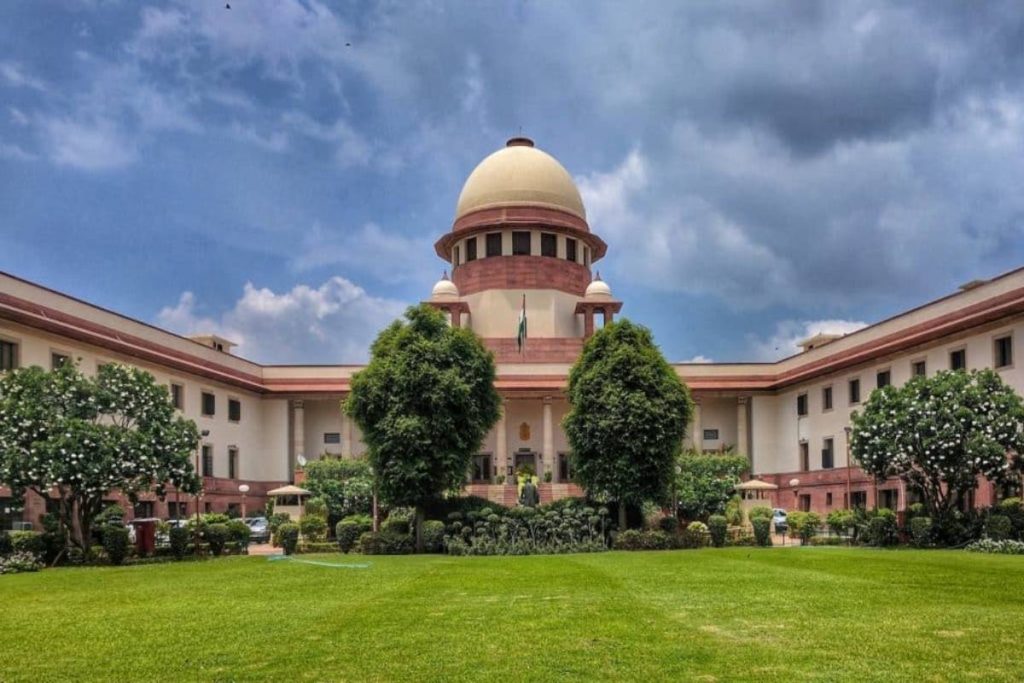Supreme Court says Access to WhatsApp Not a Fundamental Right
Related Articles
Changes to Salik Toll Fees in UAE for Ramadan 2026 Announced
As Ramadan 2026 approaches, expected to begin on February 18 or 19, based on the official moon sighting, Dubai's toll operator Salik has unveiled...
Karnataka court has sentenced three men to death for the gang-rape of a tourist
A Civil Court in Gangavathi Delivers Sentencing
In a significant legal ruling, a civil court in Karnataka has sentenced three individuals to capital punishment for...
The mother of a road accident victim in Dwarka is urging for justice after her son, 23, was killed by a reckless minor.
The mother of a 23-year-old man, Sahil Dhaneshra, who tragically lost his life in a road accident in Dwarka earlier this month, has shared...


